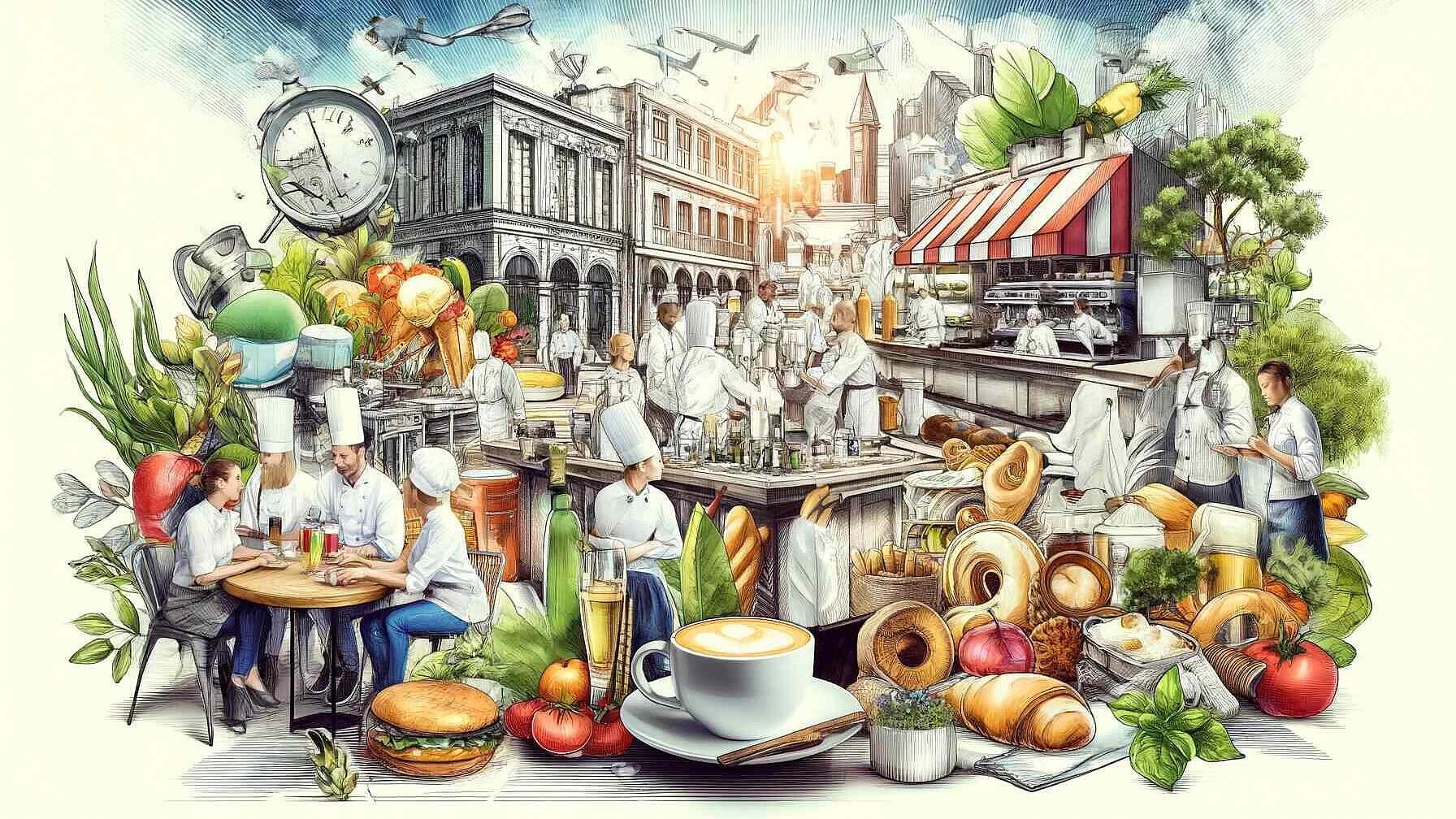 Energy Efficiency
Energy EfficiencyDecarbonising the European Food and Drink Sector: A Net Zero Roadmap
Summary
The food and drink manufacturing sector in Europe, responsible for 94 Mt CO2e annually, must drastically reduce GHG emissions to align with the EU's net zero by 2050 target. Six sub-sectors are identified as major contributors to the sector's emissions, with significant emissions resulting from energy usage, including heating and cooling. The industry faces challenges like high Capex for new technologies, long investment cycles, rapid policy shifts, and SMEs' difficulty adapting existing plants. Opportunities exist in renewable energy adoption and access to public decarbonisation funds; consumer demand for eco-friendly products can also drive change. To decarbonise, businesses should implement strategies that prioritize cost-effective measures, using MACCs for informed decision-making. Key strategies include reducing heat demand, transitioning to electric processes, leveraging renewable sources, and upgrading to energy-efficient equipment.
Open full article
Decarbonising the European Food and Drink Sector: A Net Zero Roadmap
The Climate Challenge and Industry Impact
The food and drink manufacturing sector in Europe is facing a significant challenge to reduce its greenhouse gas (GHG) emissions. Currently, this sector is responsible for approximately 94 million tonnes of CO2 equivalent (Mt CO2e) annually, which is around 11% of the total emissions from the global food value chain. Given the European Union's commitment to achieving net zero emissions by 2050, with an intermediate target of a 55% reduction by 2030, the industry must rapidly transform its operations to meet these ambitious goals.
Pathways to Decarbonisation
Decarbonisation of the sector involves a transition to more sustainable practices, focusing on reducing energy consumption, particularly from high-emission sources. The report identifies six sub-sectors within the industry that contribute to over half of its GHG emissions. A significant part of the industry's emissions comes from energy use, notably for heating and cooling processes.
Barriers and Opportunities
Transitioning to net zero is not without challenges. High capital expenditure (Capex) for new technologies, long investment cycles conflicting with rapid policy changes, and uncertain energy costs are significant barriers. Moreover, the retrofitting required for existing plants adds complexity, especially for small and medium-sized enterprises (SMEs) which dominate the sector.
However, there are also opportunities. Renewable energy sources, particularly for processes requiring low to medium temperatures, offer a viable alternative. The sector can benefit from public funds aimed at supporting decarbonisation initiatives, while the shift to sustainable practices can also meet growing consumer demand for environmentally friendly products.
Strategies for Decarbonisation
Businesses must outline clear decarbonisation strategies, prioritizing measures with the lowest abatement costs and operational expenses. Marginal abatement cost curves (MACCs) are suggested as useful tools in this decision-making process. The report recommends beginning with 'low-hanging fruits'—less costly measures that yield immediate benefits.
The transition requires a mix of energy management, technological upgrades, and process optimization. Heat demand reduction, electrification, and the use of renewable energy are key areas of focus. Advanced energy management systems and the replacement of high-energy equipment with more efficient alternatives can significantly reduce emissions.
To read the full document, please check here.
To learn more about why this is important for the EENOVA project, please check here.



